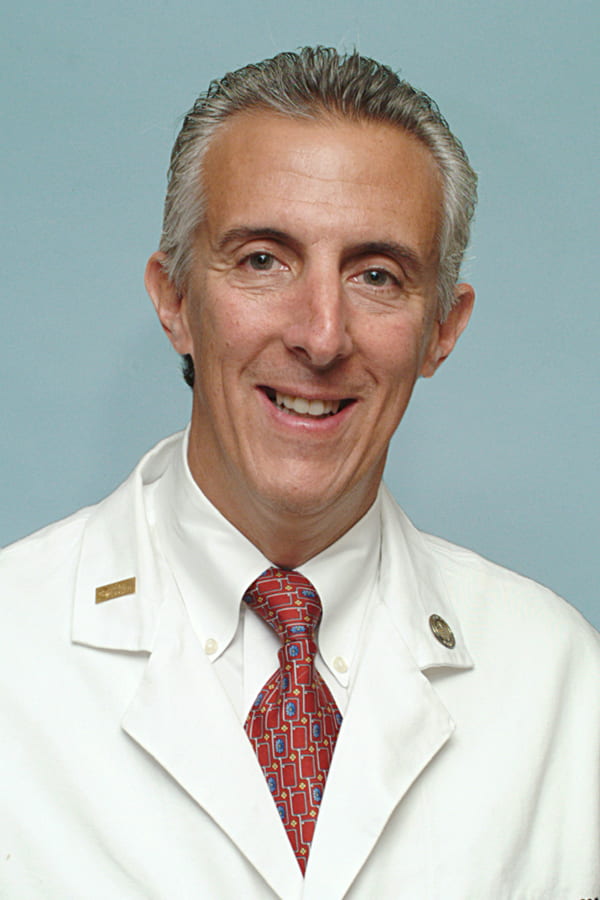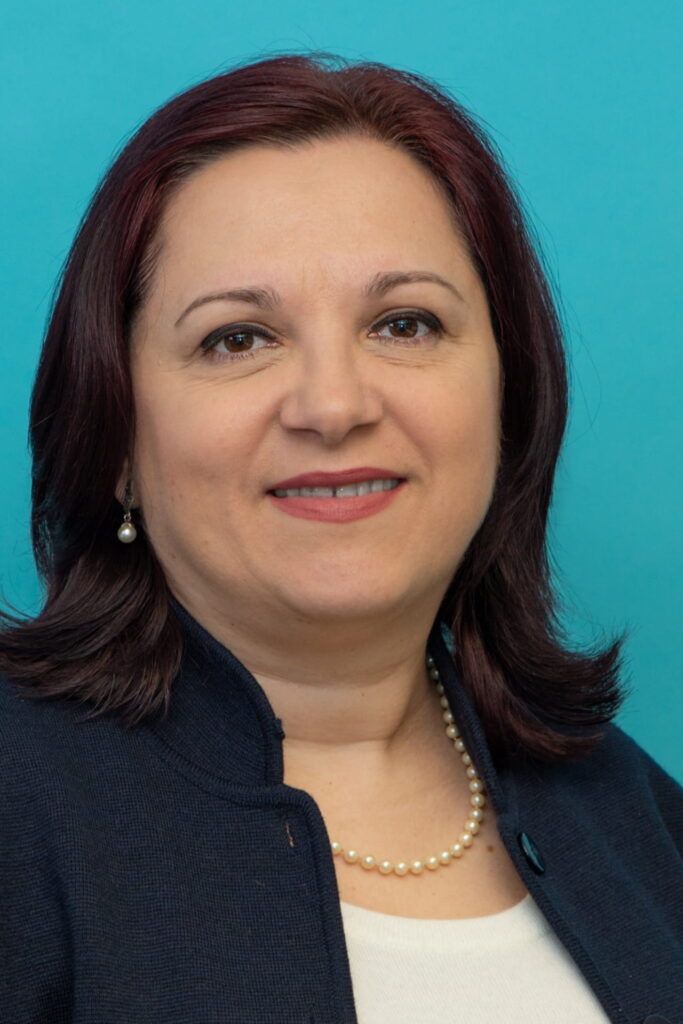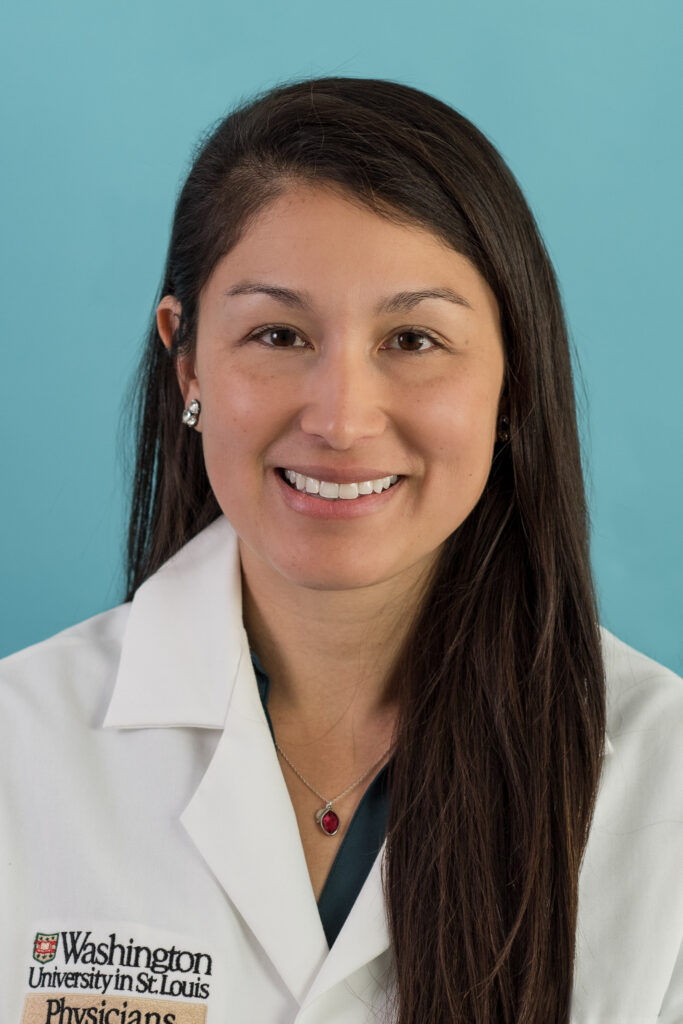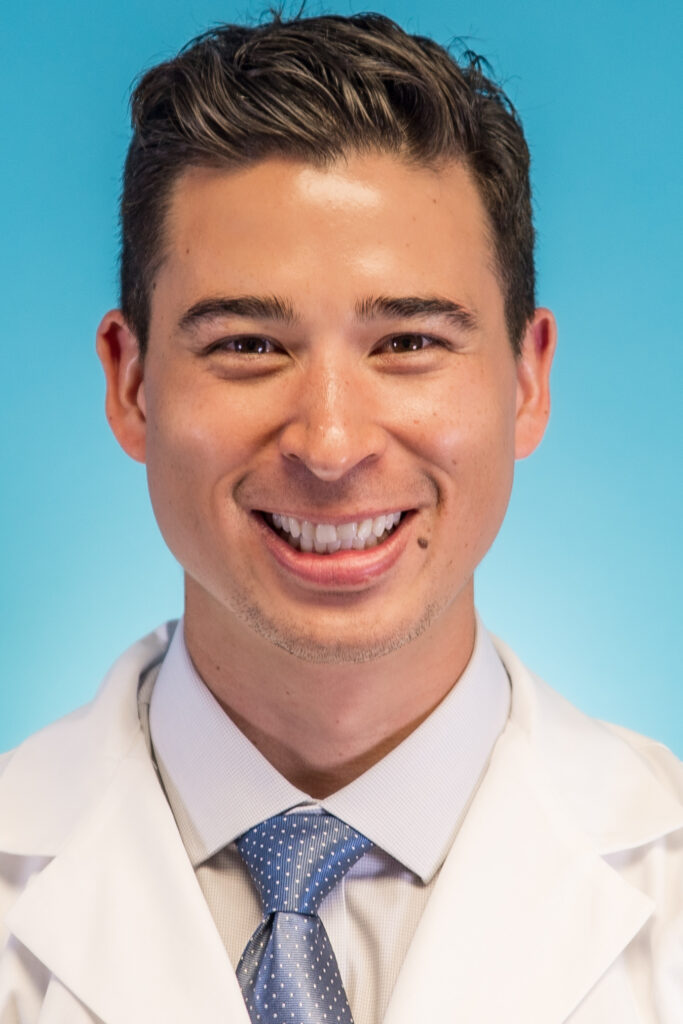Welcome to CREST: The ultimate clinical research workshop. Join us for an immersive three-day journey where you will master the art of conducting high-quality research studies in otolaryngology. Led by experienced clinical research experts, our comprehensive workshop will revolutionize your research efforts.
Our dynamic approach will feature:
- Captivating presentations from renowned experts
- Hands-on activities
- Engaging group discussions
- Immersive case studies
- Captivating demonstrations
- Interactive exercises
Previous training in research methodology is not needed. CREST caters to participants with diverse backgrounds, empowering you with the skills essential to conduct impactful research studies.
Discover the secrets of clinical research design, data management, statistical analysis, and results reporting, specifically tailored to otolaryngology—head and neck surgery. With expert guidance, you’ll delve into scientific writing and learn to craft compelling research proposals.
By the end of the workshop, you’ll have a clear understanding of research methodology and statistics and a complete research proposal ready for IRB submission at your home institution. Gain the confidence and expertise to elevate your research endeavors, positively impacting your career and the field of otolaryngology—head and neck surgery.
Registration is open!
Join us at CREST: The Ultimate Clinical Research Workshop, and unlock a world of research possibilities in otolaryngology—head and neck surgery. Don’t miss this chance to embark on a transformative journey and shape the future of professional success. A detailed agenda can be seen here.
Dates: Oct. 20-22, 2024
Registration: Please submit our registration form to receive updates and more information about how to pay for the course.
Location: 8th Floor, MidCampus Center, on the campus of Washington University School of Medicine in St. Louis
Tuition (includes meals): $1500 (faculty/fellows); $1000 (med students/residents).
Lodging: Workshop attendees receive a discounted rate at The DoubleTree by Hilton St. Louis Forest Park, located on the medical school campus. Make reservations here »
CME credits will be available. A limited number of travel grants will also be available. Childcare services will be available for workshop attendees. Contact us at CRESTWorkshop@wustl.edu for additional information.
Course Directors

Jay Piccirillo, MD, is professor and vice chair for research in the Department of Otolaryngology—Head and Neck Surgery at Washington University School of Medicine. He serves as co-director of the Clinical Outcomes Research Office, and director of the TL1 Predoctoral Clinical Research Training Program and the Otolaryngology R25 Mentored Research Pathway. Following his completion of an otolaryngology residency at Albany Medical College, Dr. Piccirillo pursued a clinical research fellowship in Clinical Epidemiology at the Robert Wood Johnson Clinical Scholars Program at Yale University.
His extensive research record includes funding from NCI and NIDCD, and other agencies. Dr. Piccirillo has made significant contributions to the field by developing patient-reported outcome measures like SNOT, SNORE, and NOSE-HHT. He also created and validated the Adult Comorbidity Evaluation-27 (ACE-27), a tool used to assess comorbid conditions in cancer patients and measure the overall burden of comorbidities.
Dr. Piccirillo’s dedication to education is evident through his 30-year tenure as the Director of the Clinical Epidemiology and EBM course at Washington University School of Medicine. He has received numerous teaching awards, including the prestigious Samuel R. Goldstein Leadership Award in Medical Student Education. He also serves as the Editor-in-Chief of JAMA Otolaryngology-Head and Neck Surgery. With his exceptional research background, teaching experience, and esteemed editorial role, Dr. Piccirillo is a valuable asset to the clinical research workshop.

Dorina Kallogjeri, MD, MPH, is assistant professor and co-director of the Clinical Outcomes Research Office in the Department of Otolaryngology—Head and Neck Surgery at Washington University School of Medicine. She is also the Co-Director of the EXPLORE Research Pathway for WashU medical students. She has a medical degree from the University of Medicine, Tirana, Albania, and a masters degree in public health with a concentration in Biostatistics and Epidemiology from St. Louis University. Dr. Kallogjeri has over 20 years of experience in the clinical research field.
Dr. Kallogjeri serves as statistician on various NIH-sponsored multi-institutional and multidisciplinary clinical trials. She is passionate about teaching and has been course director for Introduction to Statistics for Health Sciences and Intermediate Statistics for Health Sciences in the Master of Science in Clinical Investigation (MSCI) program for 13 years. She has received multiple “Course Director of the Year” awards. In addition to her teaching commitments, Dr. Kallogjeri serves as the statistics editor for JAMA Otolaryngology–Head and Neck Surgery. With her experience and dedication to statistics education, she brings invaluable expertise to our clinical research workshop.
Course Faculty

Judith E.C. Lieu, MD, MSPH, is professor, residency program director, and vice-chair for education in the Department of Otolaryngology—Head and Neck Surgery at Washington University School of Medicine. She earned her medical degree from Washington University and a masters degree in public health from St. Louis University School of Public Health. Dr. Lieu completed her otolaryngology residency at Washington University and further pursued a research fellowship in Clinical Epidemiology at the Robert Wood Johnson Clinical Scholars Program at Yale University.
Dr. Lieu is an expert in research methodology and statistical analysis. She served as a former Section Editor for Systematic and Evidence-based Reviews for The Laryngoscope. She also teaches the Clinical Research and Critical Appraisal of the Medical Literature curriculum for otolaryngology residents. Her research interests include quality of life measures in children with hearing loss. With her extensive experience and dedication to research and education, Dr. Lieu is a valuable asset to our clinical research workshop.

Lauren Roland, MD, MSCI, is a board certified rhinologist and assistant professor in the Department of Otolaryngology—Head and Neck Surgery at Washington University School of Medicine. Her research journey began as an undergraduate at MIT, working in the lab of Dr. Robert Langer. She earned her medical degree at Penn State and completed her otolaryngology residency at Washington University, where she also earned a Master of Science in Clinical Investigation. She completed a clinical fellowship in rhinology at Emory University.
Dr. Roland has conducted comprehensive analyses on various conditions including aspirin-exacerbated respiratory disease, allergic rhinitis, and chronic sinusitis. Her current research focuses on immune system dysregulation in allergies and invasive fungal sinusitis. Her groundbreaking work utilizes advanced techniques such as RNA sequencing, mass cytometry, and metabolomics, and is pioneering significant advancements diagnosis and treatment. Dr. Roland brings a wealth of expertise in both basic science and clinical research to our clinical research workshop.

Matt A. Shew, MD, is a board certified neurotologist and assistant professor in the Department of Otolaryngology—Head and Neck Surgery at Washington University School of Medicine. He obtained his medical degree from the University of Indiana School of Medicine, completed his otolaryngology residency at the University of Kansas, and a fellowship in neurotology at WashU.
His research program is focused on the use of artificial Intelligence to enhance the diagnosis and treatment of otolaryngology patients. His work has led to the creation of specific patient registries to improve data collection that will promote the optimization of cochlear implantation. He is also interested in identifying and utilizing novel clinical and electrophysiological measures to enhance AI-based cochlear implant point-of-care tools. With his expertise and dedication to advancing the field of otolaryngology, Dr. Shew is a valuable addition to our clinical research workshop.
Session titles and objectives
- Overview of Clinical Research Designs: Understand the different types of clinical research designs and their applications in clinical research.
- Descriptive and Observational Studies: Understand the differences between descriptive and observational studies, and their applications in clinical research.
- RCTs: Understand the concept of randomized controlled trials (RCTs), their applications in clinical research, and how to design an RCT.
- Importance of the Research Question. Stating Specific Aims: Understand the importance of a well-defined research question and how to state specific aims for a research study.
- Defining Exposure and Outcomes: Understand how to define exposure and outcomes in a research study, and how to measure them.
- Data Collection and Entry: Understand the importance of data collection and entry in clinical research, and how to design a data collection form.
- Outcomes Research: Understand the concept of outcomes research, its applications in clinical research, and how to design an outcomes research study.
- Machine Learning and Artificial Intelligence: Introduction to the concepts of Machine Learning (ML) and Artificial Intelligence (AI) and their applications in clinical research.
- ChatGPT as a Facilitator of Your Research. Explore the role of ChatGPT as a powerful tool for facilitating research, harnessing its capabilities to enhance data analysis, information retrieval, and collaborative problem-solving.
- Translational Research: From bench to bedside and back; an innovative approach that bridges the gap between laboratory discoveries and real-world clinical applications, empowering surgeons with cutting-edge knowledge and methodologies to improve patient outcomes.
- Descriptive Statistics and Bivariate Analysis: Understand the concept of descriptive statistics and bivariate analysis, and how to use them to analyze data.
- Importance and Choice of the Effect Size: Understand the importance of the effect size in clinical research, and learn how to choose an appropriate effect size for a study.
- Minimum Clinically Important Difference (MCID): Understand the concept of MCID, its applications in clinical research, and how to calculate MCID.
- Correct Interpretation of Confidence Intervals: Confidence intervals indicate the precision of the effect size estimate and whether the results are compatible with clinically meaningful outcomes.
- Sample Size and Power: Understand the concept of sample size and power, and how to calculate them for a research study.
- Testing a Test: Understand how to test the validity and reliability of a medical test, and how to interpret the results.
- Systematic Reviews: Understand the concept of systematic reviews, their applications in clinical research, and how to conduct a systematic review.
- Qualitative Research: Exploratory approach that seeks to gain in-depth insights and understanding of subjective experiences and perspectives through methods such as interviews and observations, providing surgeons with valuable tools for comprehensive patient care.
- Regression Model-Logistic Regression: Understand the concept of regression models and logistic regression, and how to use them to analyze data.
- Survival Analysis: Understand the concept of survival analysis, its applications in clinical research, and how to analyze survival data.
- Results Reporting: Understand how to report the results of a research study, and how to write a research paper.
- Writing a Manuscript: Understand how to write a research paper, how to submit it for publication, and how to respond to editor’s and reviewer’s comments.
- General Linear Models-ANOVA and Linear Regression- Understand the concept of general linear models, key assumptions, and how to use them to analyze data.
- Clinical Prediction Models: Understand the concept of clinical prediction models, their applications in clinical research, and how to develop a clinical prediction model.
- Critical Review of the Published Literature- Gain essential skills to critically review the published literature, evaluating methodological rigor, assessing the validity of results, and analyzing the findings.